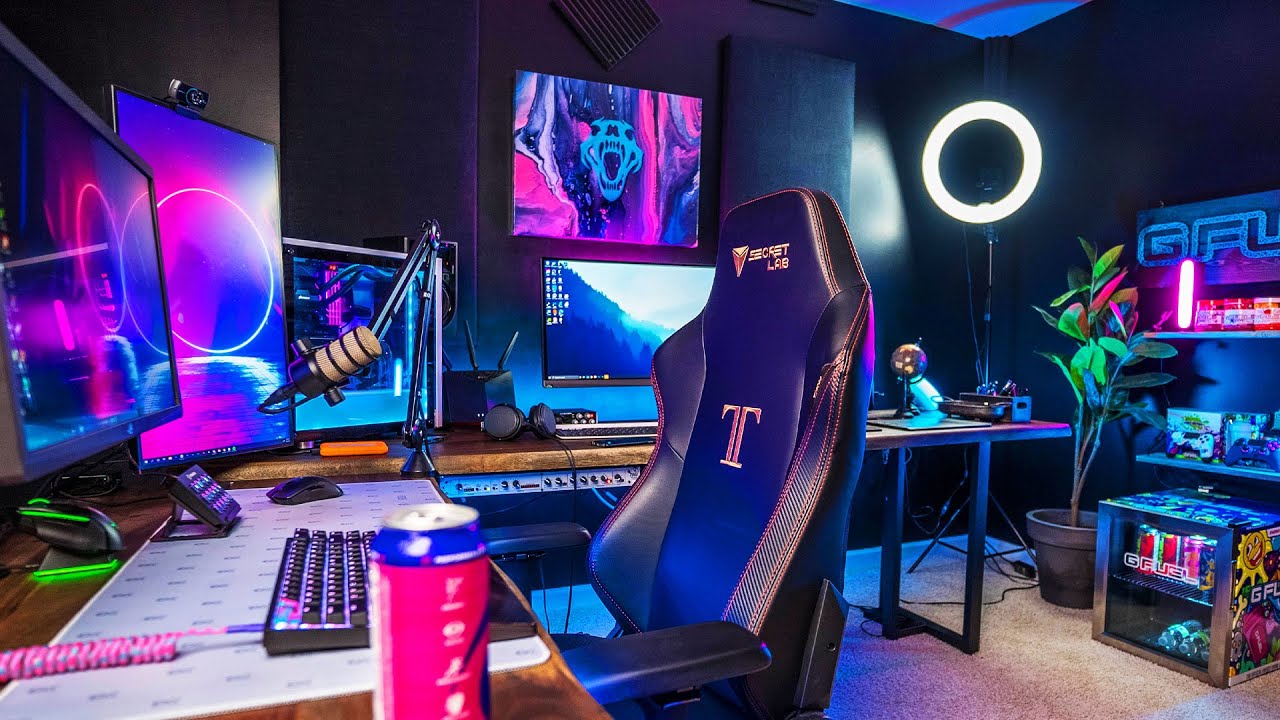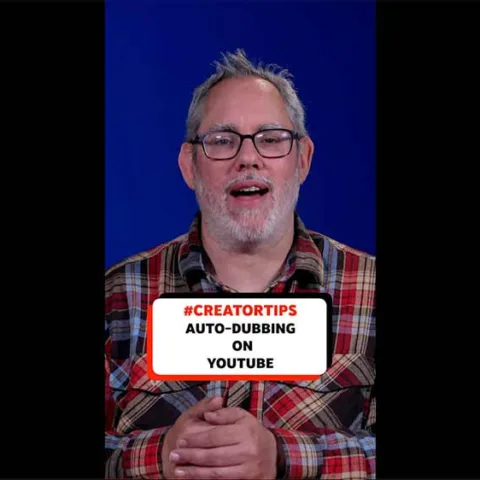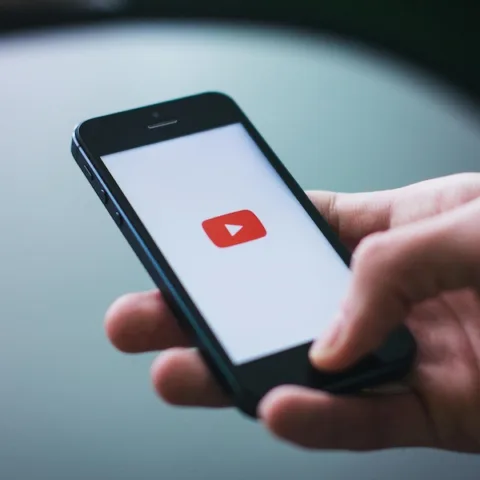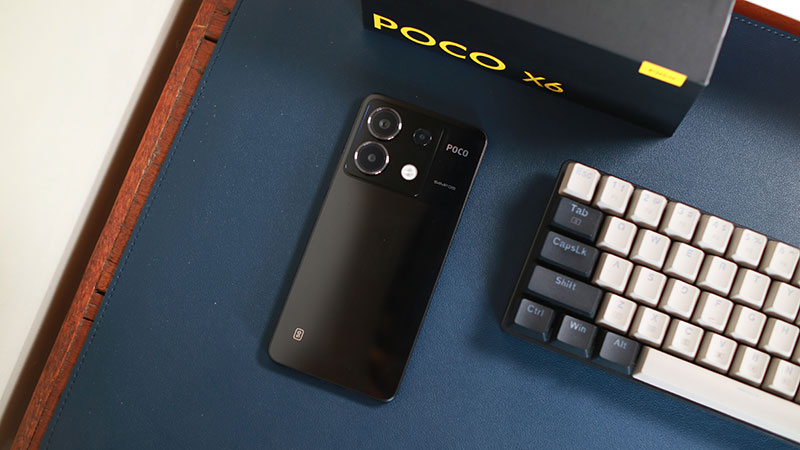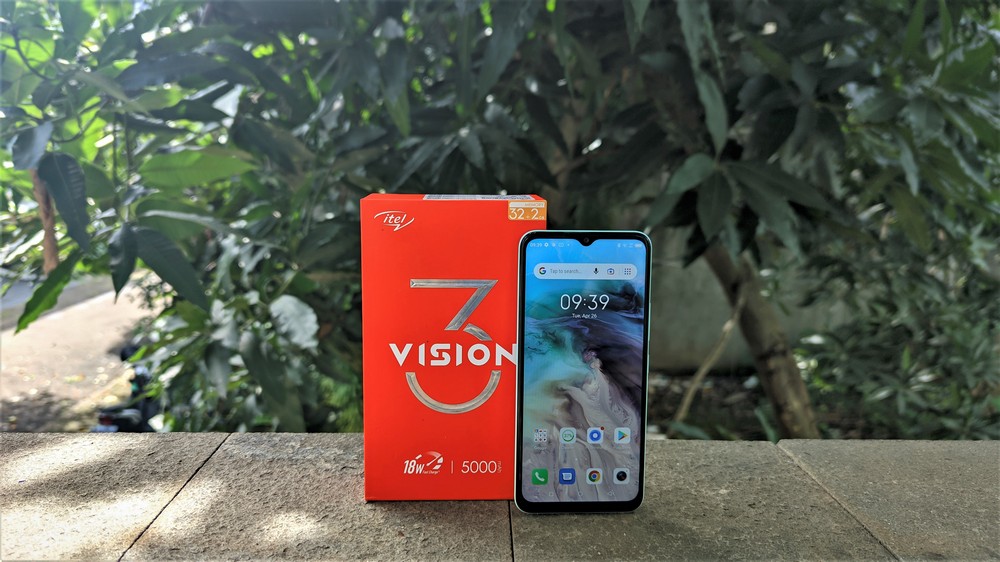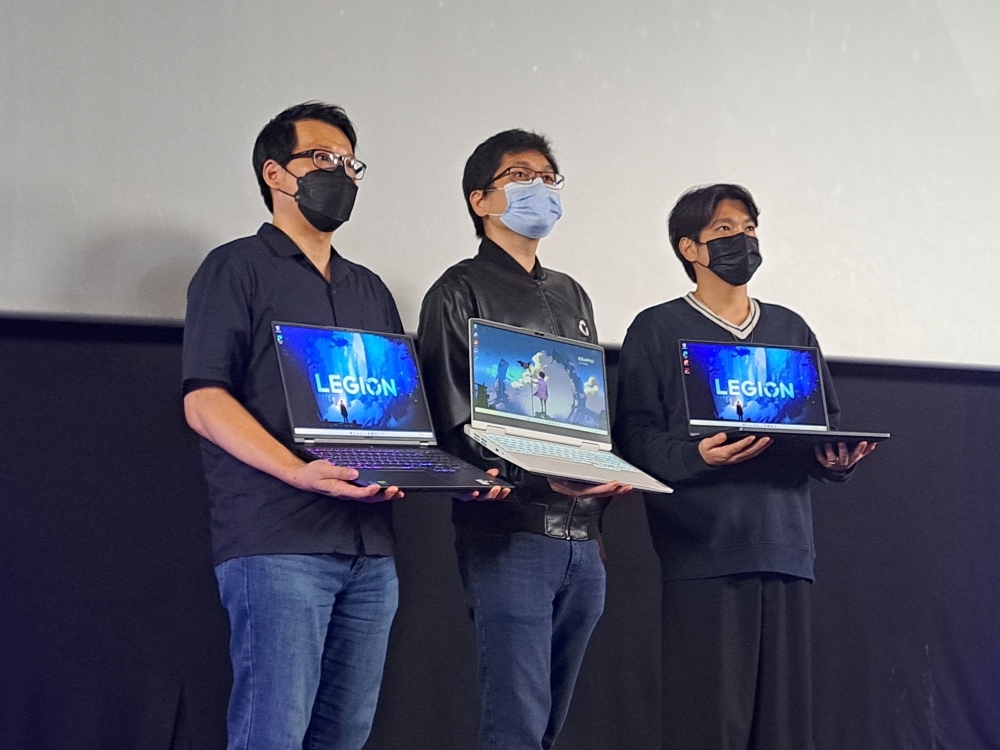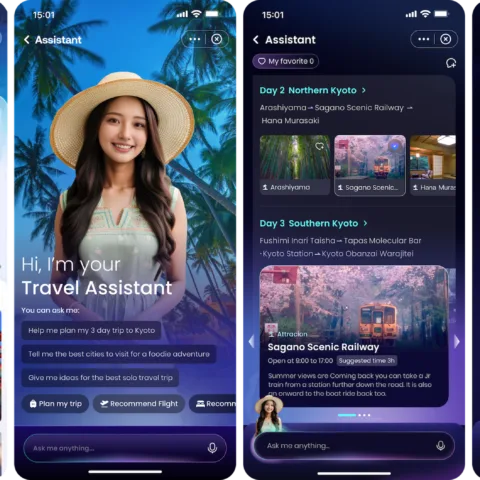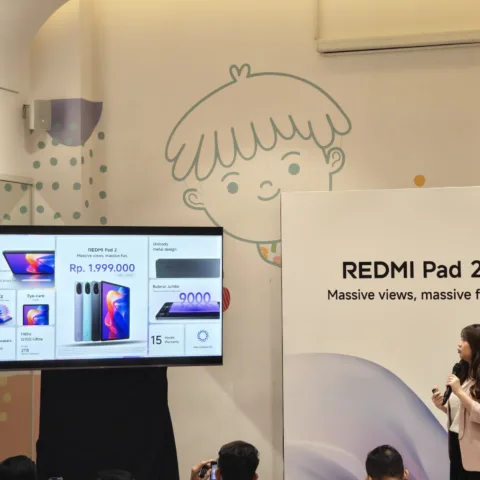There were at least 3 game streaming platforms in Indonesia, CubeTV, Game.ly, and NimoTV. Unfortunately, all of them failed. NimoTV was the last one to close its gaming operation a couple of months ago.
Some said that it’s because NimoTV had bigger expenses than its revenue. Others said it had flaws in its business models. Well, it’s kind of obvious I think. Many businesses failed because of their business models. It’s kind of apparent too that income needs to be bigger than expenses. Yet, it still doesn’t explain the underlying problems.
Moreover, we live in a tech startup era where venture capital firms pouring a lot of money into fast-growing companies – not necessarily the ones who make a lot of profit. Therefore, business models are not the only reason why a company fails these days.
So, why did NimoTV and other game streaming platforms fail in Indonesia?
First, I need to state that I don’t know the exact reasons why the game streaming platforms in Indonesia closed their businesses. Maybe nobody knows, except the higher-ups in each company. However, I believe those game streaming platforms at least failed in selling the dreams to aspiring game streamers and content creators.
Selling a Dream
I would argue that if you want the masses to participate in your projects, companies, trends, or anything, you need to create and sell a dream. Whether the dream is achievable or not, that’s not the point as long as you could sell it to the masses.
Esports has done this very well. In the previous era, it was only the jocks and the musicians who can be the celebrities. Gamers? Not so much. With esports, gamers who have exceptional skills could rise to be a star.
Another rising trend is NFT and cryptocurrency. Both of them also manage to sell the dream to become crazy rich in a matter of days or months, or with a little investment.
Meanwhile, game streaming platforms in Indonesia failed to sell the dream because they brought the biggest content creators and streamers from other platforms, especially YouTube.
JessNoLimit, Donkey, Zuxxy, and Luxxy are the ones I remember streamed on NimoTV. Meanwhile, I remember that, in the early days of Game.ly, Atta Halilintar would stream on that platform. In case you didn’t know, Atta Halliintar is the most popular YouTuber from Indonesia, at least at the time of this writing.
Besides causing so much bigger expenses, the fatal impact is failing to sell the dream.
Imagine this as if you’re an aspiring content creator or streamer. You would think that, in order to get a contract from those game streaming platforms, you have to be a star first on other platforms, such as YouTube. Or you have to be one of the best players in the esports scene, like Donkey, Zuxxy, or Luxxy. On the other side, you would also feel pessimistic to compete with the biggest name. It’s certainly so much harder to compete with JessNoLimit and Donkey if you want to stream Mobile Legends – compare to competing with other amateur streamers.
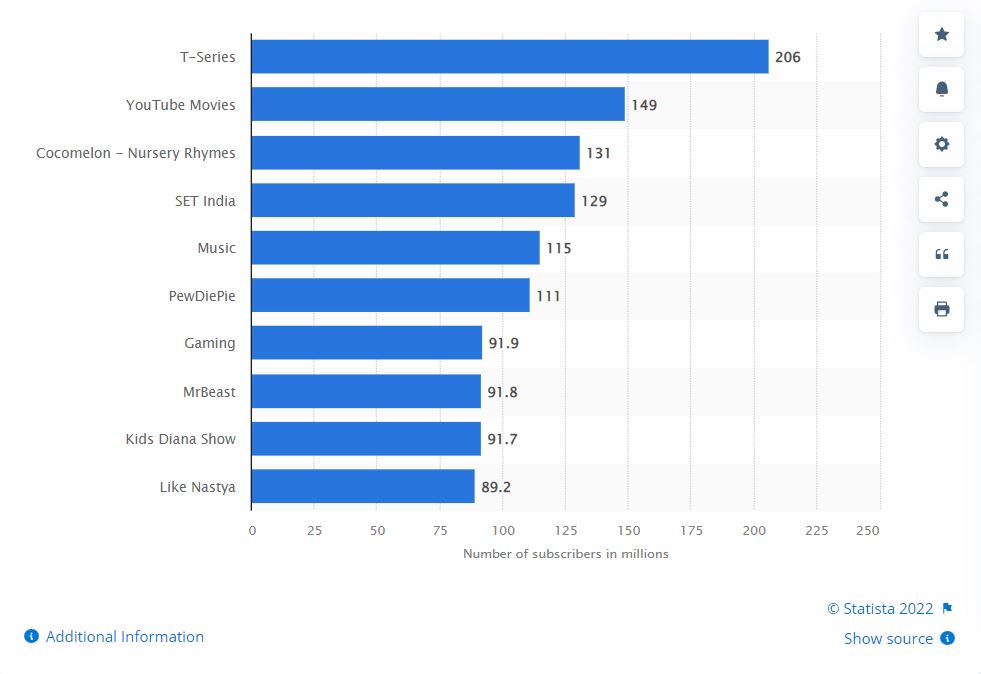
If you ask me, I would have a totally different strategy. I would invite anyone to stream on my platform, whether they already have followers and experience or not. I would also find mid-class content creators or streamers from other platforms who have potential but are struggling to reach the top in their respective platforms.
Then I will curate the potential and new streamers, and make them rise to the top of my new platform. When I find my new stars, I would use the big budget (that otherwise needed to hire the stars from other platforms) to promote them outside of my platform as massively as possible. While I could also spread the idea about how hard to make money on other platforms, something like “did you know only 0.25% of all YouTube channels are making money?”. I could also argue that making names on YouTube is also harder because you have to compete with content creators outside of the gaming and esports industries.

This strategy is definitely better in selling the dream – that you could rise from zero to hero on my platform, not on other platforms. If you don’t believe me, let’s check TikTok and Twitch. Who are the biggest names on Twitch or TikTok? The biggest names on Twitch and TikTok are not the most popular on YouTube.
If I said, Ninja and Pokimane, you would automatically think Twitch. Meanwhile, if I mention Charli D’Amelio and Khabane Lame, you would associate it with TikTok.
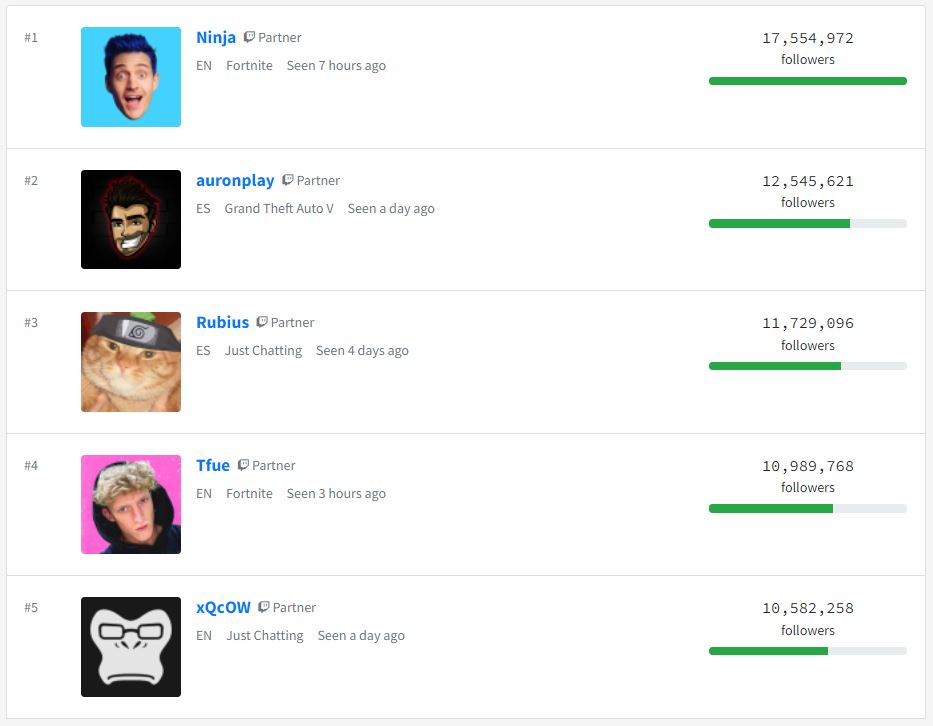
A Quick Buck
I am pretty sure it’s not just me who could think of this strategy. I may be arrogant but not ignorant. There must be some people in those game streaming companies who have the similar idea that I mentioned earlier. So, why didn’t they use that?
I think it’s because the higher-ups want the company to generate revenue and gain viewers as fast as possible. The game streaming platforms in Indonesia generated revenue by making the viewers send gifts to their favourite streamers. The strategy does make sense if you want viewers to send gifts as early as possible. It’s also a better strategy to gain new viewers on your new platforms. However, by favouring so much into viewers and fast revenue, you would be stunting the growth of new content creators and streamers on your platform.
IMO, hiring top YouTubers or esports players also doesn’t create strong loyalty for the content creators or streamers. Let’s say there is an imaginary streamer, JissNoLemet. He is very popular on YouTube but also streams on NimoTV. Then imagine there is a new star on NimoTV called LimitedJosh, who is as popular as Jiss but Joss started his career on NimoTV and only streams there. It would be logical to think that Joss will fight harder to promote NimoTV since he has nowhere else to go if it fails. While Jiss will always have YouTube.
In the end…
Since maybe there is someone who didn’t get the answer from my explanation above, let me summarize this.
Like I said before, I don’t know the exact reason why those game streaming platforms closed. It could be many things.
However, I do believe that those game streaming platforms failed to sell the dreams and create new stars — unlike Twitch or TikTok. Most (if not all) of their stars are top YouTubers. The failure of creating new stars on each respective platform becomes the underlying problem that creates other problems.
First, it doesn’t inspire new content creators unique to each platform. YouTube, Twitch, and TikTok are big because of their unique stars. In turn, each platform offers less content and its content varieties.
The cost of doing business becomes too big for too long because they can’t rely on user-generated content. The revenue from the gifts might not be enough to sustain. Even putting ads as a new revenue source might not be enough or even make viewers run away because the platforms don’t offer unique ‘celebrities’.

